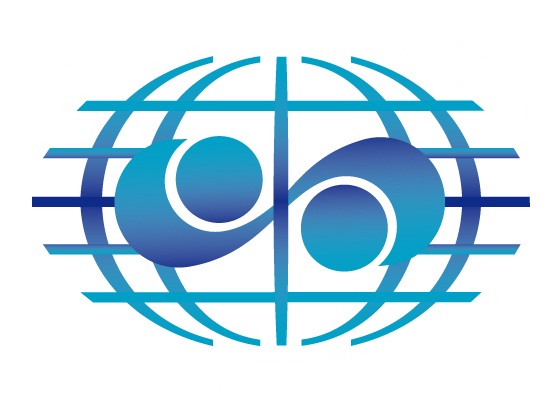Water data governance
Key points
- Political willingness with a high commitment is a key element to develop inter-institutional cooperation on data management and establish a water data policy (management governance).
- Governance includes a combination of legislative texts (law, decree, etc.); documents featuring strategies and procedures for inter-institutional coordination; organization of a steering committee and specific working groups.
- Investments in data sharing and information systems development generally demonstrate a very positive return on investment.
Water resource management requires having access to various datasets on many topics which, in all countries, are always produced/ managed/ processed by many different institutions.
Efficient access to these datasets requires establishing good inter-institutional cooperation on data management and developing a water data policy (management governance) in order to reinforce synergies by sharing roles and responsibilities between the actors for water data production, management, processing and use.
Considering the diverse legislative and institutional frameworks encountered in different countries, various options can be implemented to organize this governance. In many cases, it will include a combination of:
- Legislative texts (law, decree, etc.);
- Documents featuring strategies and procedures for inter-institutional coordination;
- Organization of a steering committee and specific working groups.
Legislative text
If the legislation is not adapted to facilitate inter-institutional cooperation, the willingness of decision-makers alone may not be sufficient, considering that in many cases they may exceed their obligations. Therefore, the legislative text organizing cooperation in the water sector should include chapters or specific decrees:
- Facilitating data sharing between institutions;
- Establishing the data management and use principles;
- Presenting the national water information system as a fundamental tool to support the water policy;
- Specifying the role of the main institutions;
- Stimulating the partnership, and organizing the governance and financing.
Strategies and procedures for inter-institutional coordination
At national level, prior to the adoption of a legislative text, the political will to organize the sharing and rational production and use of water-related data between institutions can also be implemented in a strategic document specifying the country’s water data policy.
At transboundary level, exchange protocols can be implemented between countries and/or between the country and the transboundary basin organization.
Steering committee and specific working groups
At both national and transboundary levels, the efficient sharing and processing of comparable data produced by various agencies requires clarifying the roles of each partner. This ensures regular participation and efficient coordination to develop the various components of the system.
An ad-hoc operational framework should therefore be established for the water data management, taking into consideration the main water issues and the institutional context.
Hereafter are presented:
- Some “Case studies of water data governance” presented by the partners
- A tentative of "Synthesis of who does what per country" in relation to water data management for the WFD (under development).


